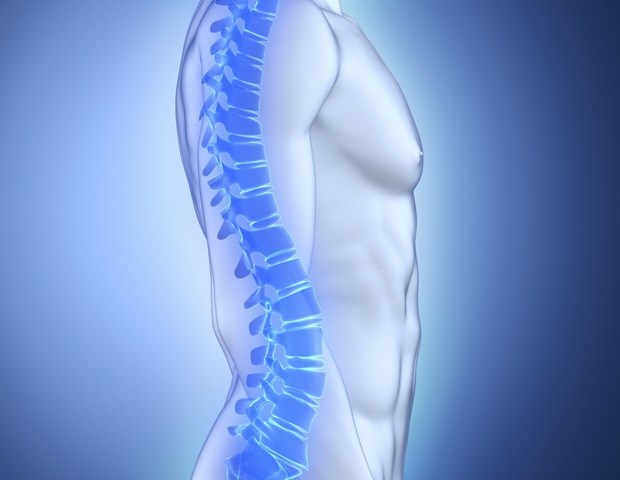
With more than a quarter of seniors in the U.S. falling each year, many risk breaking a brittle bone, according to the National Council on Aging, which today is marking Falls Prevention Awareness Day. And often, seniors don't realize why they are at risk.
The problem with osteoporosis is that people don't know they have it. This disease makes bones brittle and more likely to break, but it doesn't stop you from doing things until you have a fracture."
Kathleen Breda, MSN, nurse practitioner, Department of Orthopaedics, Cedars-Sinai
Suffering a broken bone can drastically change an older person's life, leading to hospitalizations, surgery, chronic pain and loss of independence. Fortunately, osteoporosis can be prevented and easily treated.
In an effort to protect older adults, Breda recently launched free lectures on the risk of developing osteoporosis and what seniors can do about it. She demonstrates how the disease weakens bones using X-rays and a model skeleton. Breda helps attendees evaluate their own fall risk and screens them for osteoporosis using an ultrasound machine to determine if they need a further work up.
"We want to educate seniors so they don't hurt themselves or end up in the hospital," said Breda, who leads the Geriatric Fracture Program at Cedars-Sinai, optimizing care for patients over age 65 who have broken a bone. She gives seniors a list of steps they can take to defend themselves:
- Speak with your physician about your osteoporosis risk and any medications you might need
- Eat a diet rich in calcium (sardines, dairy products, broccoli), which strengthens bones, as well as vitamin D (salmon, milk, yogurt), which gets calcium to the bones
- Avoid smoking and limit alcohol consumption to one drink a day
- Exercise regularly doing weight-bearing activities, such as lifting weights to build core and leg muscles
Lecture attendees can sign up for free exercise classes hosted by the Cedars-Sinai Geriatrics Program at local community centers. They include weightlifting, tai chi or advanced strength training. Developed by the Arthritis Foundation, these classes have been shown to decrease the risk of falling.
"We want to help the growing population of older adults lead independent lives as long as they can," said Sonja Rosen, MD, chief of Geriatric Medicine at Cedars-Sinai. "If older adults fall, we want them to be in the best shape possible so they can recover quickly and return to a vibrant life."
Cedars-Sinai






No comments
Post a Comment